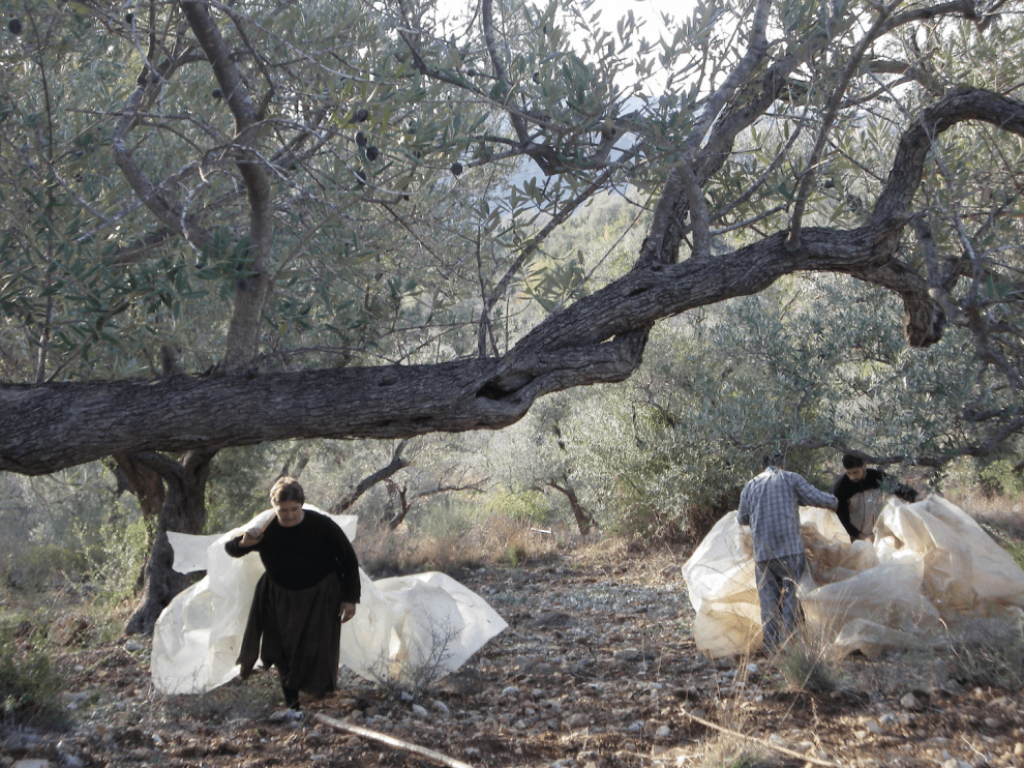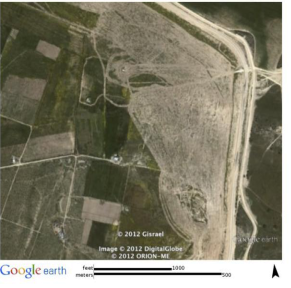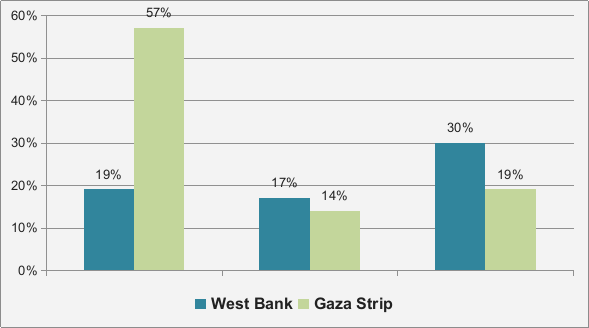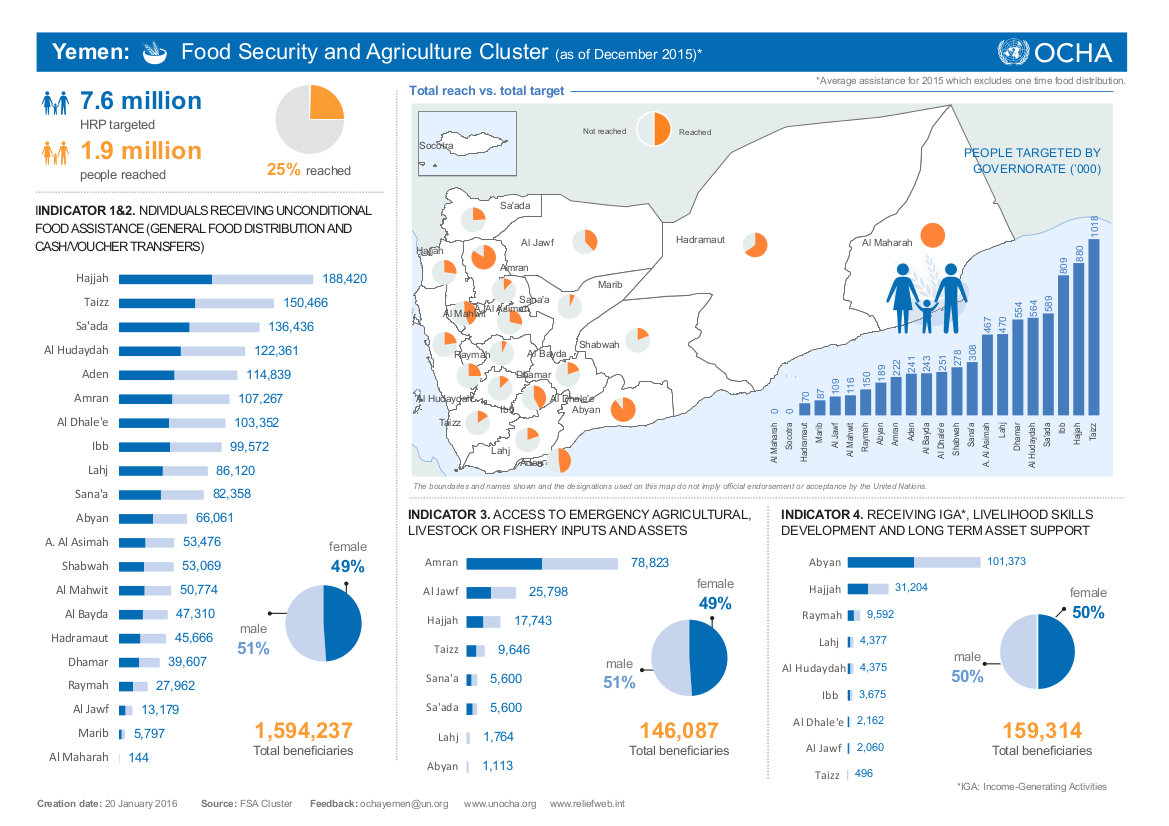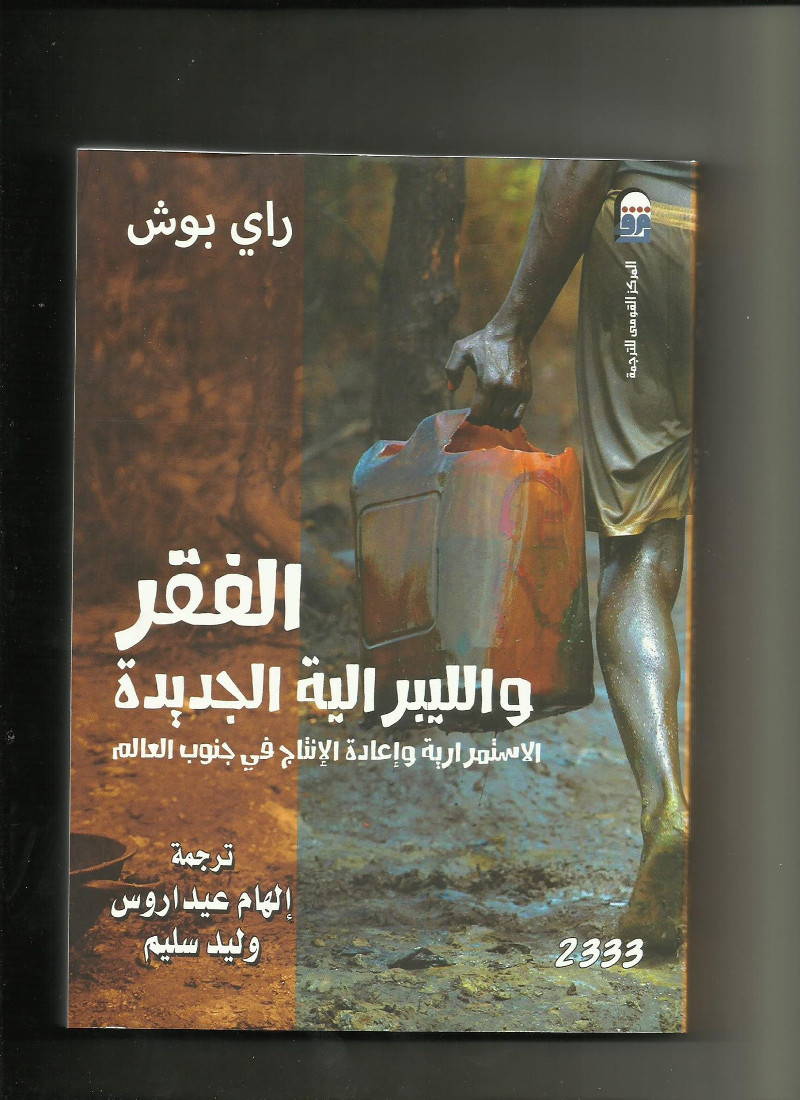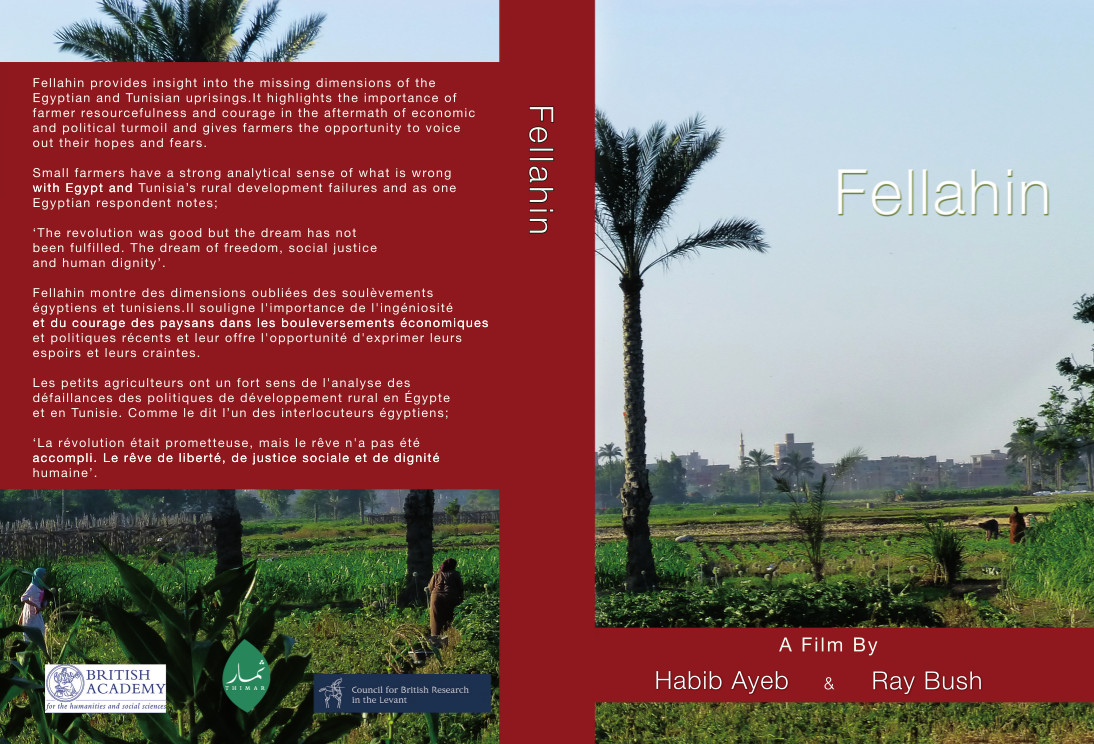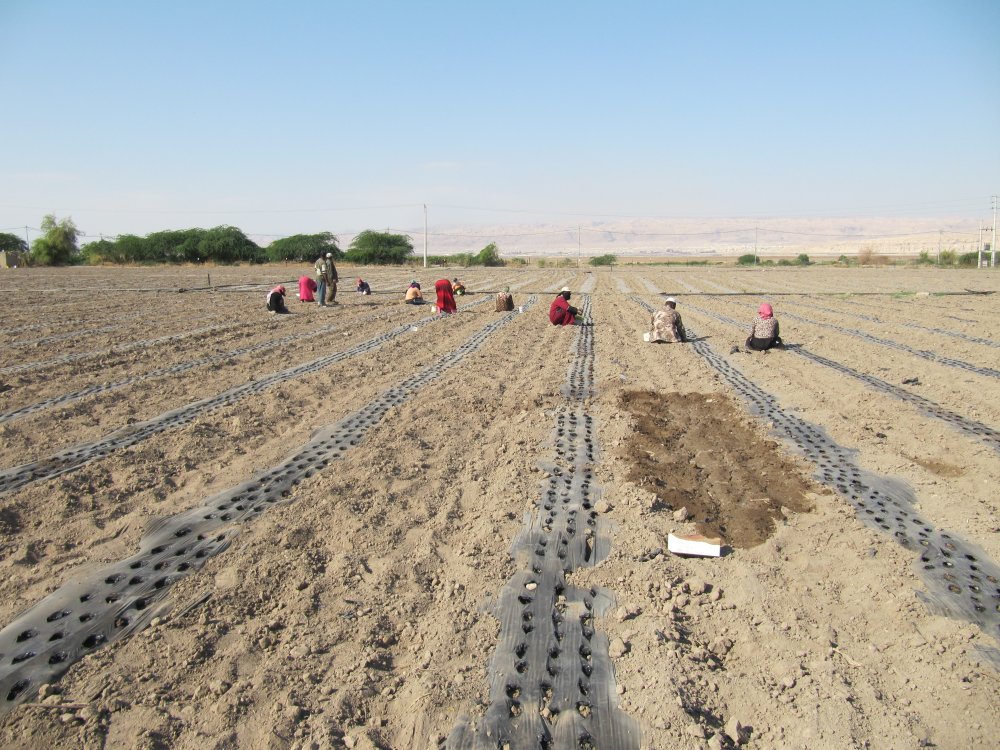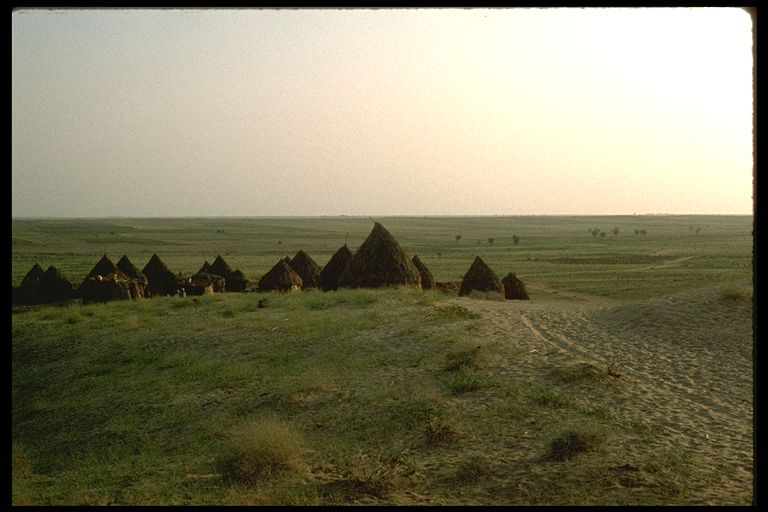Professor Utsa Patnaik on Agrarian History and Imperialism
Interview
An interview by Max Ajl conducted as part of the activities of the workshop on ‘Agriculture and Imperialism’ November 2018, Beirut, Lebanon, organised by the Thimar Collective with funding from the Leverhulme Trust.
"...The main criticism of neo-liberalism is it destroys our food security and undermines livelihoods of small producers. The economic history of India and other countries under colonial rule, showed there were certain alarming economic trends of deepening food insecurity and unemployment at that time which were coming back again under neo-liberalism. If you did not study this history and simply looked at present day neo-liberal policies (of free trade and cutting back public spending, ‘austerity’) you would never be able to identify those trends. The most important was the inverse relation under free trade colonialism, where exporting more from agriculture always reduced our food security. The mechanism was income deflation. .."
Read More >An interview with Samir Amin
Samir Amin has argued that the challenges which Africa is facing today should be put in the longer time frame of the continuous construction by the imperialist centres of an asymmetric dominating and dominated relationship with the peripheries of the three continents. In that respect, the contemporary new stage of imperialist monopoly capital sees Africa almost exclusively as a source of natural resources to be plundered.
Read More >The Politics of Development in Ghor al-Safi, Jordan
The Ghor, also Ghawr (‘depression’), in the southern Levant refers to the region of the Jordan Valley and the Dead Sea, part of the Great Rift Valley. Ghor al-Safi is located on a fertile alluvial plain at the mouth of Wadi al-Hasa near the lower end of the Dead Sea. It is one of several communities along the eastern Dead Sea shore which are collectively referred to as the southern Ghor(s). Historically, the year-round residents of the hot and malaria-infested Ghor were considered a distinct group by both pastoral nomads and farmers of the higher grounds. They were, and still are, commonly referred to as Ghorani (also Ghawarneh), a term which invokes strong derogatory connotations related to their darker skin tone and underprivileged economic status.
Read More >L’État ferme
A documentary on Syrian state farms
Since the 1960’s, the Syrian state built large scale irrigation schemes on the Euphrates river. The Al-Assad Establishment is one of the most important of these large scale projects. From 1980 onward, it was operated as a state farm. Its creation profundly transformed the pattern of agricultural production but also the social structures and everyday life of farmers.
Read More >

